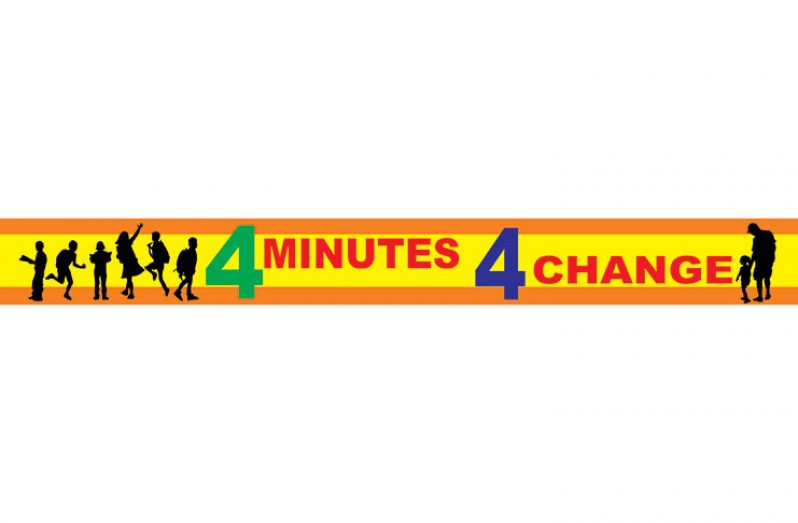IF you are a parent and you have not yet spoken to your child about sex or sex-related matters, then you better prepare yourself; and we’re here to help you, so read on. Children rely on adults to give them crucial information, information that will help them to make sensible choices and to keep them safe when they are faced with danger. You never know when your child might need to protect him/herself from a predator, so the earlier you have that ‘all important’ talk, the better.
Talking to a child about sex-related issues doesn’t have to be a taboo subject unless you make it into one. The truth of the matter is, we are all sexual beings: our bodies are designed to have sex and there is a good chance that nearly everyone on the planet WILL have sex at some point during their lifetime. There really isn’t anything to be ‘hung up’ or embarrassed about. Every single one of us was produced because our parents had sex.
But one of the problems nowadays is the fact that many parents are not explaining to their children the basic morals and decorum surrounding sexual activity and their bodies. While adults know that incest is wrong and against the law, how many parents actually explain this to their children? How many tell them outright that it is not ‘alright’ for any male (or female) family member to touch or fondle their private parts? This may sound incredulous, even to the point where you may think, ‘I don’t need to explain that to my child, I’m sure he/she knows about inappropriate touching’.
But the question is, did you explain or talk to your child about it? Did you explain that no one should touch his/her private parts, for any reason, even in jest? And if someone does, he/she must let you know? Have you explained that incest exists in families and that it is wrong for a brother to have sex with his sister, or an uncle with his niece or mother with her son? These principles must be explained to children by their parents. How else is a child meant to know what is permissible and what is not, unless someone takes the time to explain (and does so in a meaningful way)?
There was one particular case that came to the attention of the Childcare and Protection Agency (CPA) where a young girl stated that she did not realise that her father had no right to touch her breasts. Apparently, her father had been doing this to her during her pre-adolescent and adolescent years and she had accepted this as normal. No one had ever explained to her that there are places on her body that must not be violated by anyone.
Another case was that of a 10-year-old child who asked her Mother if she could spend the night in bed with her father. She went on to explain to her bewildered mother that her school friend told her, that ‘she’ had spent the night in bed with ‘her’ father, doing all kinds of ‘things’. She further explained to her friend, ‘some of the ‘things’ felt nice and some of them didn’t’.
Neither girl realised that the entire concept of a pre- adolescent (girl) child doing ‘things’ in bed with her father is totally erroneous. It is up to parents to share this type of ‘dos and don’ts’ information with their children, starting when they are quite young. As soon as children have been potty trained, parents should explain to them, ‘These are your private parts and you mustn’t let anyone touch you, here, or here. If someone even tries to touch you, you must tell them, NO ONE IS ALLOWED’TO TOUCH MY PRIVATE PARTS AND IF ANYONE DOES I WILL TELL’.
It is always difficult for a child to expose a perpetrator, especially when the person is a trusted member of their family. Therefore as children grow and parents become more explicit when explaining the dos and don’ts, parents must emphasise the importance of ‘telling’, even if the perpetrator threatens them, they must tell. They can tell a teacher, a parent, a grandparent a trusted neighbour, even a policeman. Children must understand that they have options when it comes to disclosure.
It is your duty to protect your child from would-be predators, don’t ever tell yourself, ‘that could never happen to me or my child’ because predators come in different shapes and forms. Some may live in your neighbourhood, probably even in your home. Teaching children what to do, what to say and how to act from their very first inkling that a person (regardless of who that person may be) is ‘crossing the line’ could save your child from a lifetime of pain.
Abused children miss out on so many things in life; including the opportunity to be the person they were meant to be, before they were violated. Prevention will always be better than cure, so parents talk openly with your children about these things and together find strategies to protect them and keep them safe.
If you are concerned about the welfare of a child you can ring the CPA hotline 227 0979 or email chilcaregy@gmail.co
A Message from the Childcare and Protection Agency, Ministry of Social Protection




.png)









